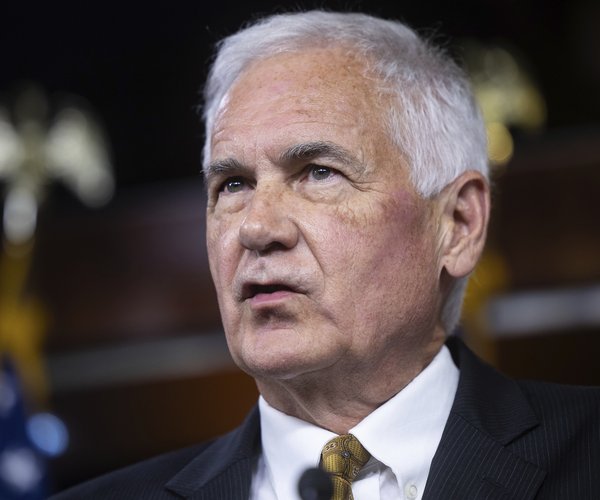It’s safe to say that the triteness of the phrase “Where there’s a will, there’s a way” does nothing to decrease its validity. It certainly is a timeless truth that whenever you truly believe in something, you’re sure to find a way to achieve it.
This seemed to ring no truer for me than when I recently joined a group of students and teachers from seven different high schools for a charity car wash on Geer Road in Turlock. Though the temperatures reached sweltering highs, we were determined to spend the Saturday washing and drying cars for donations to help fund the lifesaving efforts of the Pediatric Trauma Program.
The Pediatric Trauma Program, founded in 1994 by the Kiwanis California-Nevada-Hawaii Foundation, seeks to reduce the number of children under the age of 14 who are harmed or killed by unintentional injuries. The program accomplishes this by providing much-needed grant funding to partner children’s hospitals in Oakland, San Diego, Madera, Loma Linda, Reno, and Honolulu. This funding is then allocated for necessary equipment and the appropriate training of medical personnel in order to deal with child injury cases.
I can say with much gratitude that our car-washing efforts that Saturday culminated in the raising of over $600, thanks to the multitude of Turlockers who came by and generously showed their support. The day was gratifying in knowing that a community could come together to make such a positive difference, but it’s also prompted me to ponder quite a bit about the subject of the program itself.
After all, according to a Centers for Disease Control and Prevention initiative called Protect the Ones You Love, injuries are the primary cause of death for individuals ages 19 and under, and in the U.S. annual costs for the unintentional portion of those injuries amount to almost $11.5 billion.
Many of these unintentional injuries are in the categories of falls, sports injuries, burns, or road traffic injuries. It’s the larger lesson behind them, however, that I find the most thought-provoking. The fact that an estimated 90% of the injuries are preventable serves as a meaningful eye-opener about safety on a daily basis, and there are lessons to be found in this that I think in a way can be extrapolated to apply to any age group.
After all, considering that we live in a society where science and engineering have made incredible advances, how often do we really think about taking advantage of the myriad safety features we have access to? Small precautions, like putting on a helmet or clicking in a seatbelt, may sometimes seem trivial in the moment, but they can certainly make a world of difference when it comes to a matter of safety for ourselves and loved ones.
Granted, it may not always be convenient, and situations can take unexpected turns. But I feel that making it a habit to take appropriate safety measures as they present themselves in daily circumstances take just a few moments out of one’s busy schedule and can truly mean the fine line between life and grievous harm.
My fellow high-schoolers and I will continue to hold carwashes to raise funds for PTP on a regular basis throughout the year, rotating locations around this area. (The next one will be taking place on July 20 by Livingston City Hall, 1416 C St.) In the meantime, as we journey through daily life, I think it’s worthwhile for Turlockers to give new consideration to exercising care and caution in order to keep ourselves safe and secure.
— Henna Hundal is a high school student and resident of Turlock. She writes a monthly column on matters related to youth and society.






